
The beloved American Christmas carol, We Three Kings of Orient Are, highlights the Magi and the Star.
The carol begins,
We three kings of Orient are
Bearing gifts we traverse afar
Field and fountain, moor and mountain
Following yonder star.
John Henry Hopkins, Jr. (1820-1891) wrote this Christmas carol in 1857 for a Christmas pageant for the General Theological Seminary in New York City.
Hopkins was a reporter, editor, illustrator, stained glass window designer, musician, Episcopal priest, and hymn writer. His father John Henry Hopkins was the prolific Episcopal Bishop of Vermont.

John Henry Hopkins, Jr.
Hopkins is best known for his We Three Kings carol, which has become one of the most famous pieces of Christmas music.
The carol covers Christ’s birth, death, and resurrection and identifies Him as King and God and Sacrifice. The carol is built around the Magi, their Gifts, and the Star.
YouTube video
Watch and listen to this fine vocal rendition of We Three Kings of Orient Are from A Claymation Christmas:
Who were the magi? How many were there? Were they three kings as the carol says?
Magi is Greek for “wise men.” They were scholars with special expertise in astronomy, originating in Persia (Iran) around 1000 BC. They also advised royal courts in Babylon, Arabia and India. According to the Roman historian Herodotus, magi organized Persian society after Babylon fell in 539 B.C.
Matthew does not identify the magi as kings. Some people, however, think they were kings because Old Testament verses mention kings visiting the Messiah with gifts which include gold and frankincense (Isaiah 60:3-6; Psalm 72:8-11; Psalm 68:29).
I think that these verses more likely prophesy events yet to come, and that the magi were not kings. For otherwise Matthew would have cited the magi-related fulfillments of these OT prophecies to strengthen his Messianic case for Jesus, just as he did with five other prophecies in his first two chapters. (Matthew 1:22-23; Matthew 2:5-6; Matthew 2:14-15; Matthew 2:17-18; Matthew 2:22-23)
Scripture does not specify the number of magi. Various traditions range from two to twelve, but nobody knows. Most guess three because of the three gifts, but multiple magi could have easily given bags of gold. The gifts were God’s provision for financing the sudden trip to Egypt to evade Herod’s wrath (Matthew 2:13-15).
Thus instead of the first line of the Christmas carol being
We three kings of Orient are,
it probably should have been
We several administrative scholar-astronomers of Persia are.
But I guess it’s too late to change it now.
Soli Deo Gloria.
This is the second of a series of six Christmas blog posts on the Magi and the Star of Bethlehem.
Read the prequel:
1. The Magi and The Star
Read the sequel:
3. Born A King!
Read December’s Bible-Science newspaper column: Christmas Animals.
Subscribe – Don’t miss future blog posts!
Click the sidebar’s “SUBSCRIBE” button to follow the
Bible-Science Guy Blog. You’ll automatically receive
new posts free by email. Click SUBSCRIBE NOW!
©William T. Pelletier, Ph.D.
“contending earnestly for the faith”
“destroying speculations against the knowledge of God”
(Jude 1:3; 2 Cor 10:4)
Saturday December 8, 2007 A.D.
Now after Jesus was born in Bethlehem of Judea in the days of Herod the king, behold, magi from the east arrived in Jerusalem, saying, “Where is He who has been born King of the Jews? For we saw His star in the east, and have come to worship Him.” (Matthew 2:1,2)




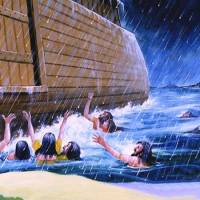
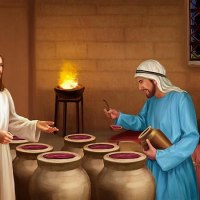
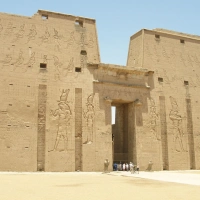
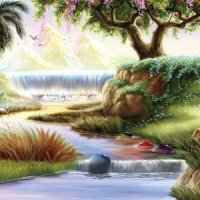

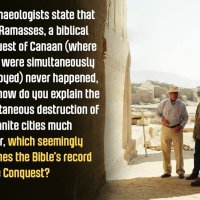
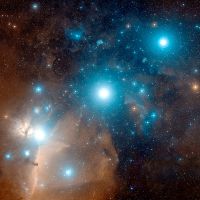
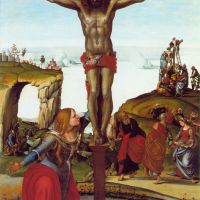
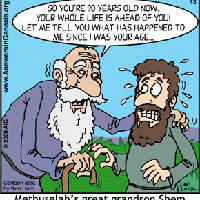















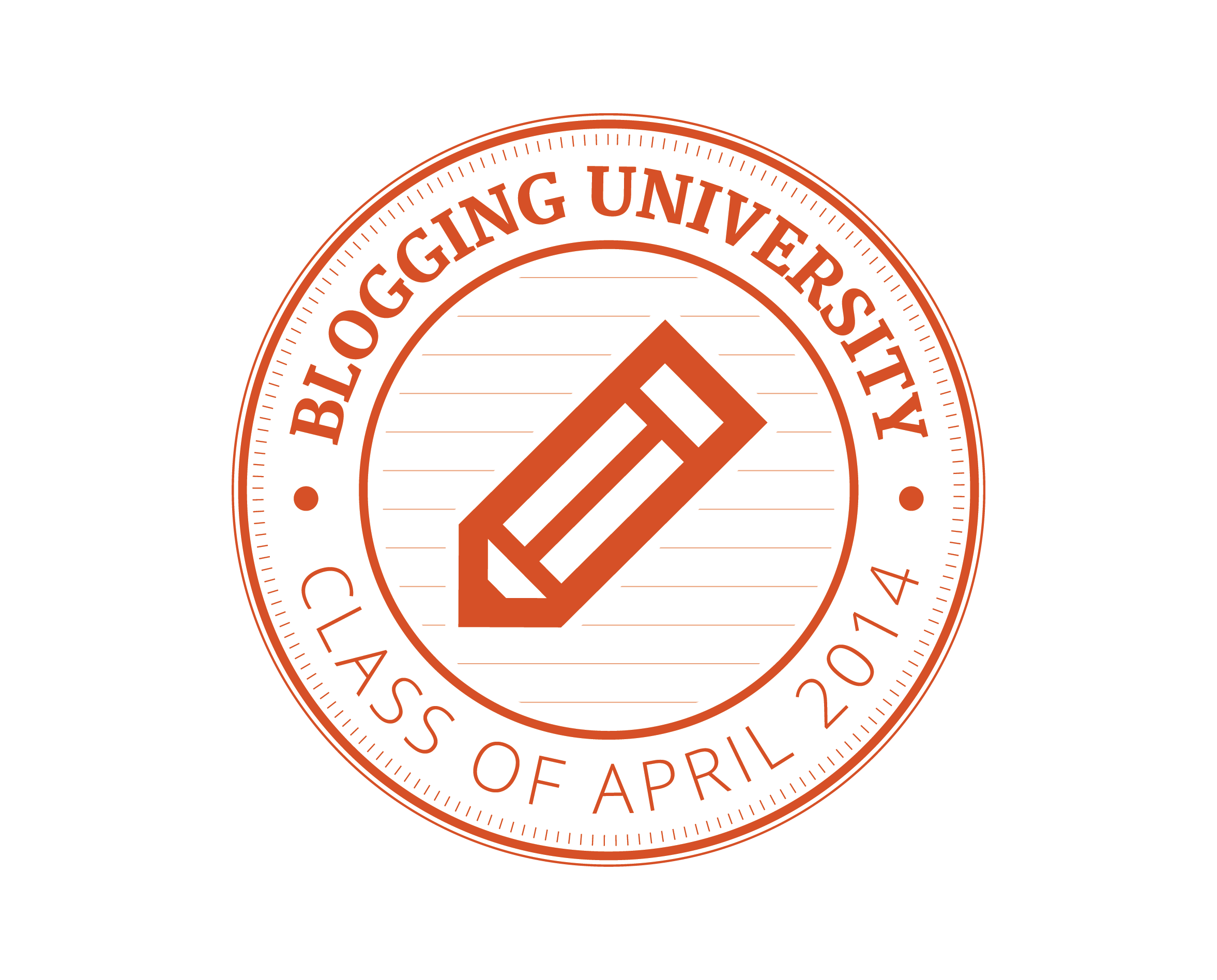
What do you think? Leave a comment. Please pray for the worldwide impact of the Bible-Science Guy ministry!